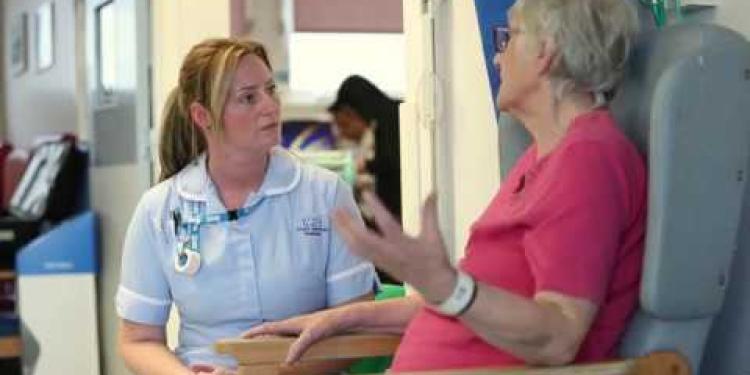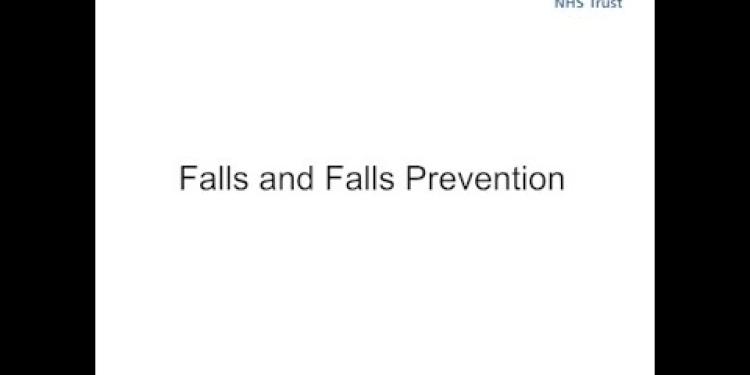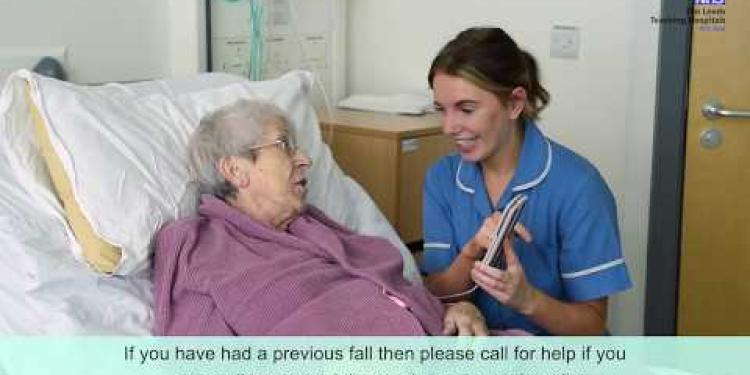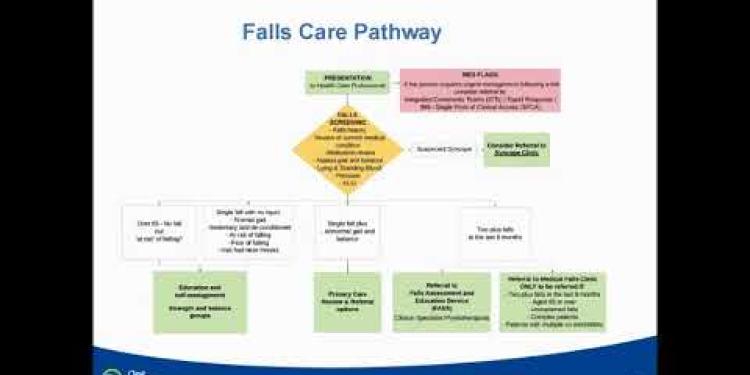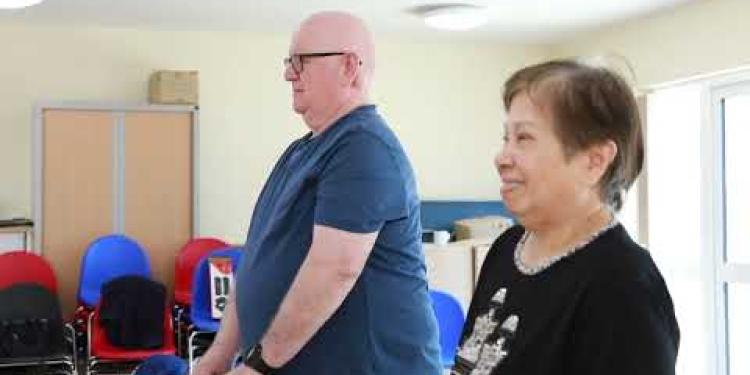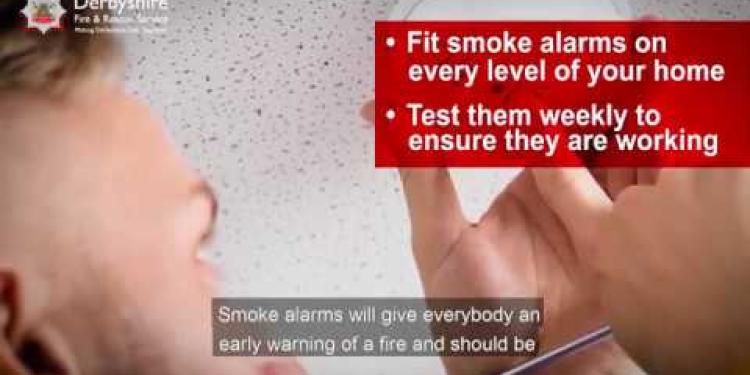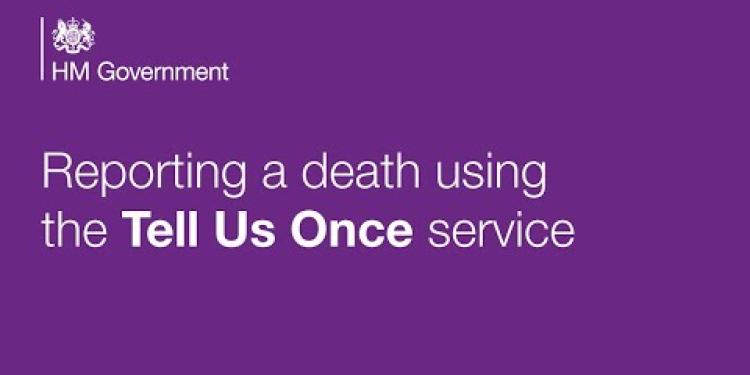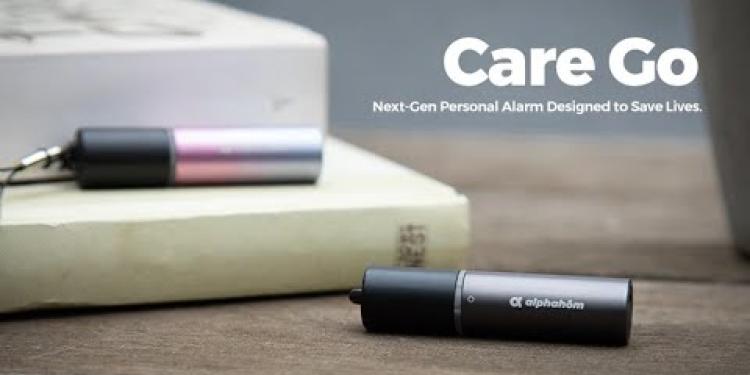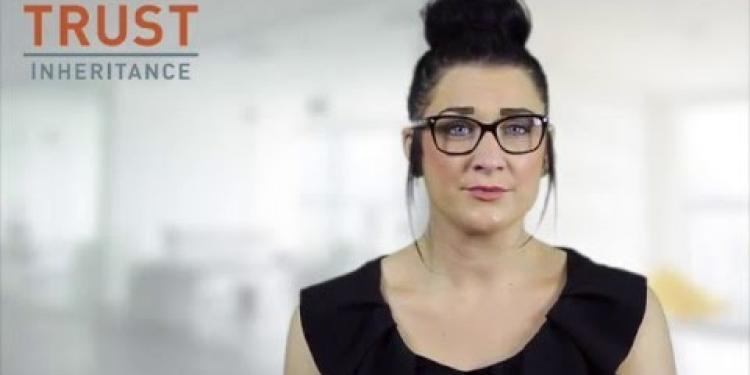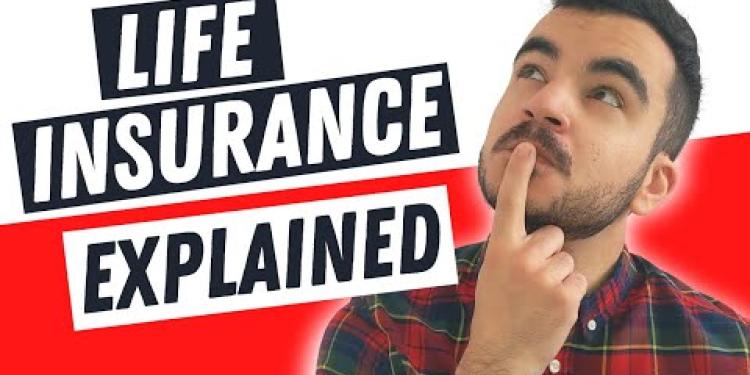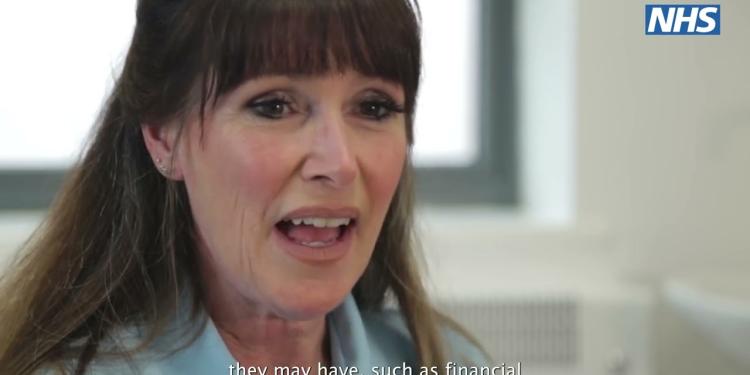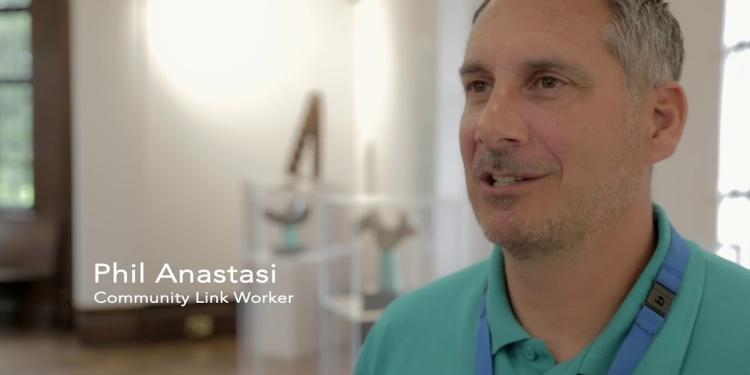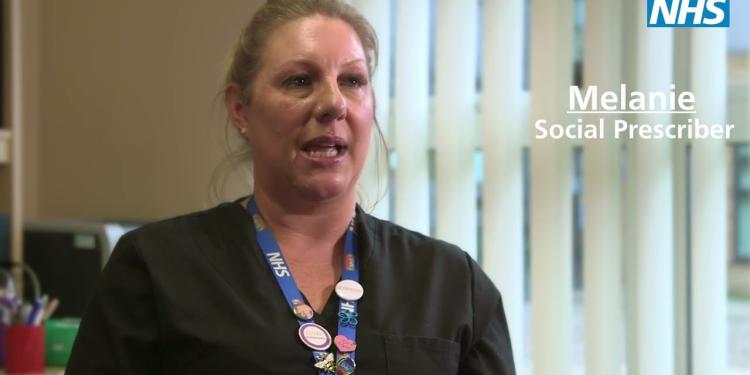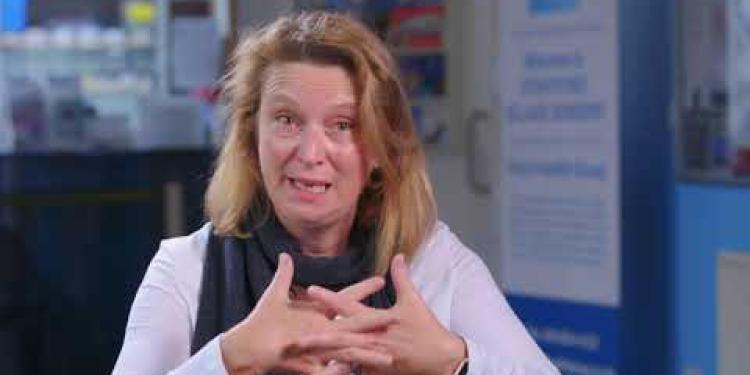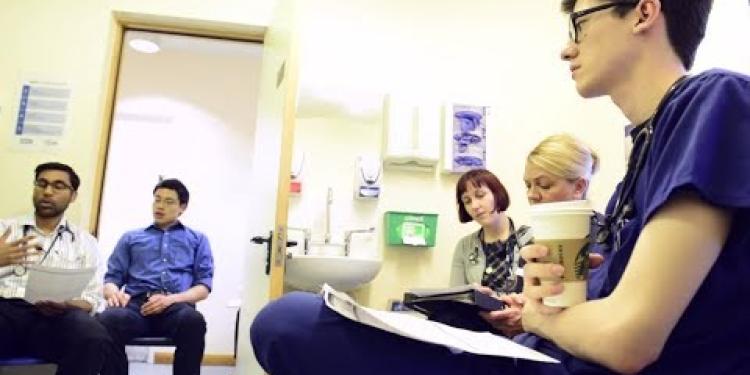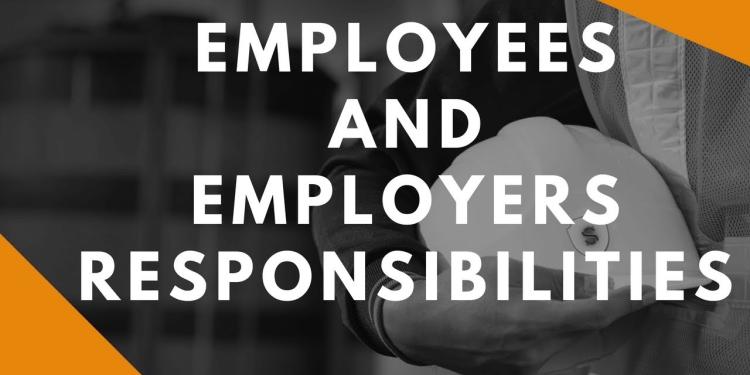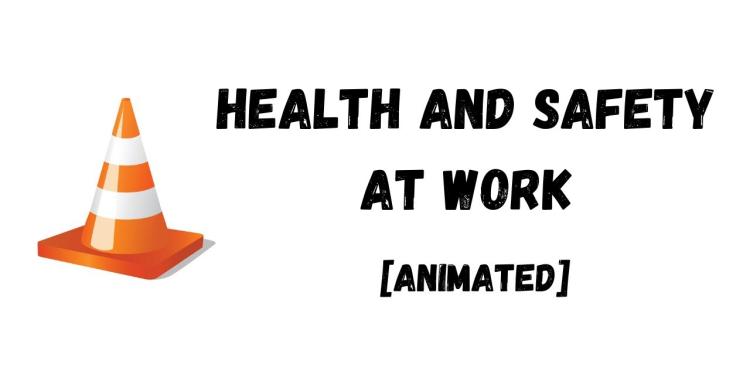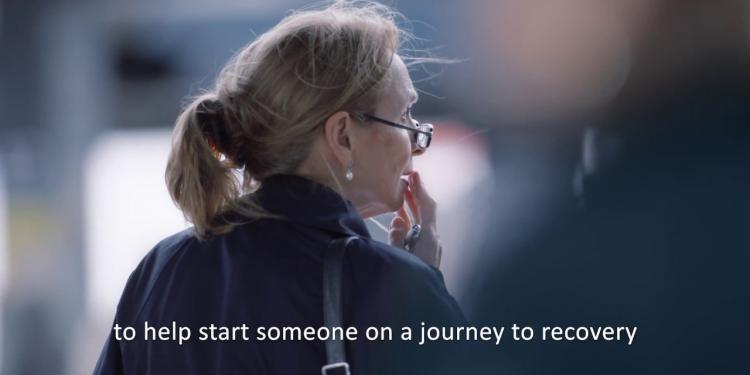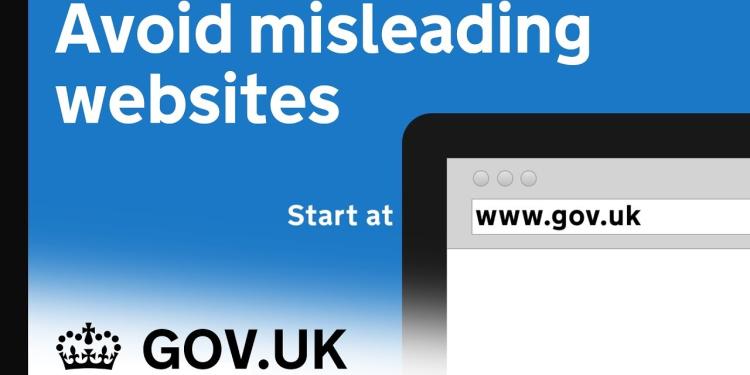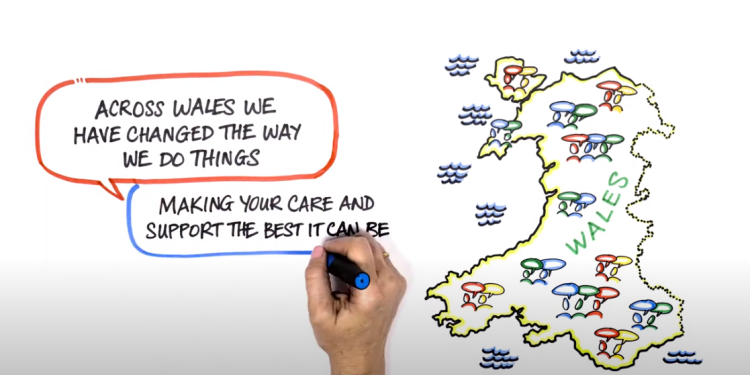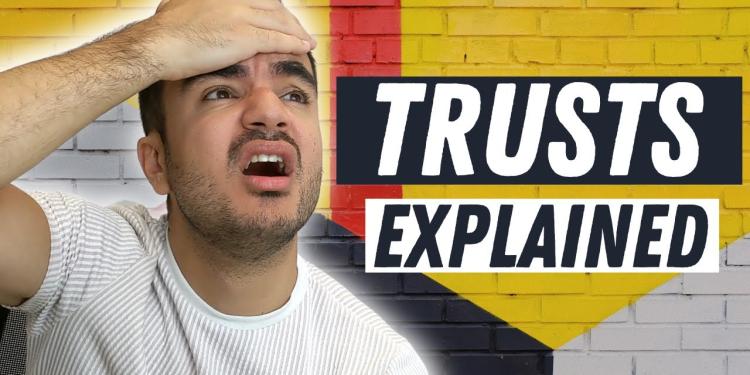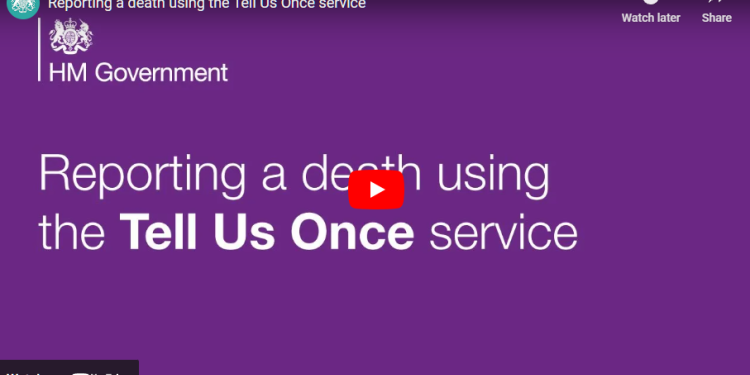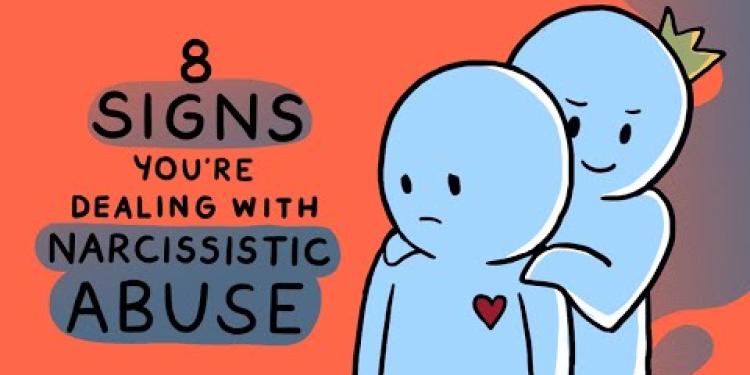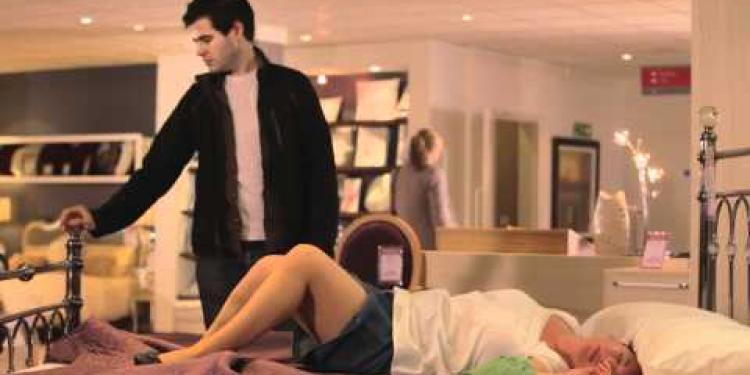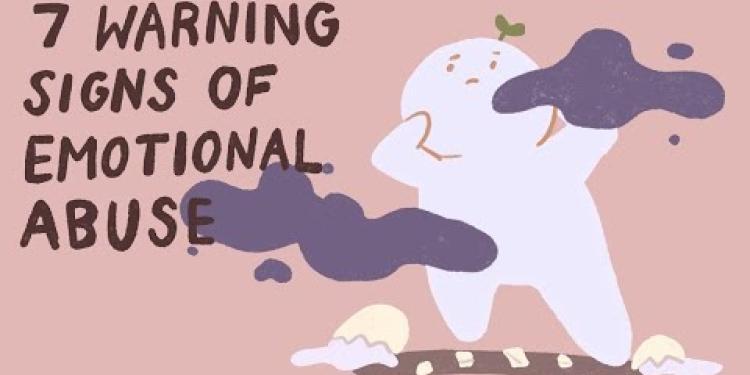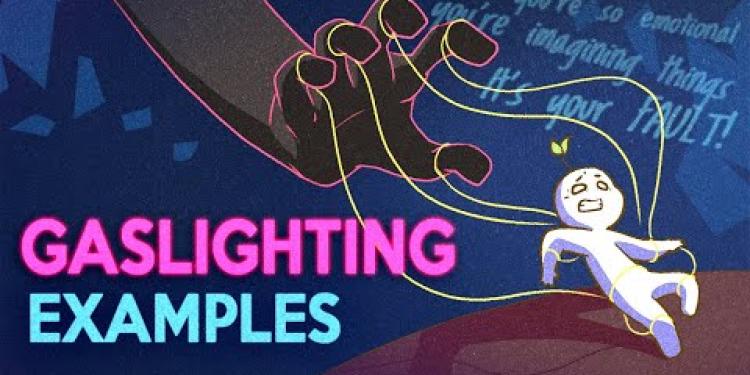
Find A Professional
Videos from Ergsy search
More Videos of Interestdiagnosis
The New Death Certification Process in the UK
The United Kingdom has implemented a new death certification process designed to improve accuracy, efficiency, and transparency. This updated process seeks to streamline the administration following a death, ensuring that bereaved families receive clearer information and support during a challenging time.
Key Changes in the Death Certification Process
The new process introduces several important changes in how deaths are certified in the UK. Traditionally, death certification involved a doctor completing a medical certificate of cause of death (MCCD) without much oversight. However, the updated approach now incorporates the role of Medical Examiners—independent doctors who review the causes of death. Medical Examiners are responsible for ensuring the accuracy of death certifications and providing families with an opportunity to ask questions and understand the process more thoroughly.
The Role of Medical Examiners
Medical Examiners serve as an additional layer of oversight within the death certification process. Their involvement aims to increase transparency and accountability, reducing the risk of errors and ensuring that all deaths are accurately documented. By reviewing the deceased's medical history and consulting with the attending physicians, Medical Examiners confirm the cause of death or suggest further investigation if necessary. This practice provides families with reassurance and confidence in the official documentation.
Benefits for Bereaved Families
The new death certification process offers several advantages for bereaved families. One of the most significant benefits is the opportunity for relatives to discuss the cause of death with the Medical Examiner. This ensures that any concerns they might have are addressed and that they fully understand the medical circumstances surrounding their loved one's passing. Additionally, the improved process aims to expedite the issuance of the death certificate, minimizing delays and allowing families to proceed with funeral arrangements and estate matters more efficiently.
Conclusion
The introduction of a revised death certification process in the UK marks a significant development in post-mortem processes. By including Medical Examiners and enhancing communication with bereaved families, the system strives to provide accuracy, transparency, and support at a sensitive time. Consequently, the new procedure not only ensures better compliance and accountability but also serves the needs of the grieving families more effectively.
Frequently Asked Questions
What is the new death certification process in the UK?
The new death certification process in the UK involves changes to how deaths are certified, registered, and how cremation authorizations are handled. This aims to improve the accuracy and reliability of data on causes of death and to streamline processes for bereaved families.
Who is responsible for certifying a death in the UK?
A registered medical practitioner is responsible for certifying a death in the UK by completing the Medical Certificate of Cause of Death (MCCD).
What is the role of the Medical Examiner in the new process?
The Medical Examiner reviews all death certificates (except those where the death is referred to the coroner) to ensure accuracy and clarity. They also provide advice to bereaved families about the cause of death.
How does the new process affect cremation forms?
Under the new process, the role of Medical Referee for cremation forms has been removed, and the Medical Examiner provides scrutiny before authorizing cremations.
What are Medical Examiners required to review?
Medical Examiners are required to review the Medical Certificate of Cause of Death and discuss it with the certifying doctor. They may also liaise with the relatives and review the medical records if necessary.
How will the new process impact families of the deceased?
Families will benefit from clearer communication and explanation of the cause of death, as Medical Examiners provide an additional level of scrutiny and support during the registration of the death.
Are all deaths reviewed by a Medical Examiner?
Most deaths, which are not referred to the coroner, will be reviewed by a Medical Examiner. Deaths referred to the coroner for investigation will follow a separate process.
What is the purpose of the Medical Certificate of Cause of Death (MCCD)?
The MCCD is a legal document that certifies the cause of death. It is used to register the death with the local registrar and may be required for funeral and burial arrangements.
How have the roles of coroners changed under the new process?
The referral criteria to coroners remain largely the same, but Medical Examiners will now provide an initial level of scrutiny before a death is referred to a coroner.
Is consent from the family required before a death is certified?
Consent from the family is not required to certify a death, but Medical Examiners will discuss findings with the family to ensure transparency and address any questions or concerns.
Who can register a death in the UK?
A death can be registered by a close relative, someone present at the death, an occupant of the premises where the death occurred, or the person arranging for the funeral.
What is the time frame for registering a death in the UK?
A death should be registered within five days in England, Wales, and Northern Ireland, and within eight days in Scotland, unless a coroner's investigation or inquiry is underway.
How does the new process ensure the accuracy of death statistics in the UK?
The additional review by Medical Examiners helps ensure that the causes of death are recorded more accurately, providing better quality data for public health statistics and policy-making.
What documents are needed to register a death?
The documents typically needed include the Medical Certificate of Cause of Death (MCCD), any medical card of the deceased, and information about their date and place of birth and death, full name, occupation, and address.
Can the death registration process be done online?
In certain cases, death registration can be initiated online or by phone, but a face-to-face appointment at a register office is usually required to complete the registration.
Useful Links
Useful links from: What to do when someone dies
- NHS - What to do when someone dies A comprehensive guide from the NHS detailing the steps you need to take immediately after someone dies, including how to register a death and arrange a funeral.
- Cruse Bereavement Support Cruse Bereavement Support offers a range of services to help people cope with the loss of a loved one, including a free helpline, local services, and an online chat support.
- Citizens Advice - What to do when someone dies Citizens Advice provides detailed information on the practical steps to take when someone dies, such as dealing with the will, finances, and property.
- Mind - Bereavement Mind offers resources and support for those grieving, including how to cope with bereavement, where to get help, and tips for supporting others.
Useful links from: Planning for your funeral
- NHS - Planning your own funeral Official NHS guidance on planning your own funeral, including the steps to take and considerations to make.
- Age UK - Planning for the end of life Age UK's resources to help you plan for the end of life, which includes funeral planning and making arrangements.
- Marie Curie - Planning ahead Marie Curie provides extensive information on planning ahead, including how to arrange a funeral.
- Dying Matters - Planning Ahead Dying Matters offers resources and advice on preparing for end of life, including funeral planning.
Useful links from: Reporting a death using the "Tell Us Once" service
- Tell Us Once - GOV.UK The official GOV.UK page explaining the 'Tell Us Once' service, which allows you to report a death to most government organisations in one go.
- NHS - What to do when someone dies NHS guide on what to do after someone's death, including registering the death and using the 'Tell Us Once' service.
- Citizens Advice - When someone dies Citizens Advice page providing a comprehensive guide on the steps to take after someone dies, including the 'Tell Us Once' service.
- Cruse Bereavement Support Cruse Bereavement Support page offering practical help and guidance on funeral arrangements, including using the 'Tell Us Once' service.
Useful links from: Funeral Costs - Where to get help? - Community Legal Education
- NHS - Help paying for a funeral Information on how the NHS can assist with funeral costs, including details on eligibility and how to apply for financial help.
- Turn2us - Funeral Assistance Turn2us is a national charity that provides practical help and information on accessing financial support for funeral costs.
- Citizens Advice - Help with Funeral Costs Citizens Advice provides guidance on how to get help with funeral costs, including information on the Funeral Expenses Payment.
- Bereavement Advice Centre The Bereavement Advice Centre offers support and advice on managing funeral costs and understanding your financial options.
Useful links from: Reporting a death using the Tell Us Once service - Sign Language Version
- Tell Us Once - GOV.UK Official GOV.UK page providing comprehensive details on the Tell Us Once service, which allows you to report a death to most government organizations in one go. This page offers guidance and contact information.
- NHS - Someone has died NHS guide on what steps to take after someone passes away, including information on the Tell Us Once service. Offers practical advice on the immediate actions to take following a death.
- Cruse Bereavement Care UK-based charity providing support for those suffering from a loss. Details services including help on reporting a death and using the Tell Us Once service.
- DWP - Reporting a death Page from the Department for Work and Pensions (DWP) offering instructions on how to report a death, including using the Tell Us Once service. Provides contact numbers and additional resources.
Useful links from: Child Bereavement
- NHS - Coping with bereavement This page on the NHS website offers guidance on how to cope with grief after bereavement or loss, including information on where to get more support.
- Child Bereavement UK Child Bereavement UK supports families and educates professionals when a baby or child of any age dies or is dying, or when a child is facing bereavement.
- Winston's Wish Winston’s Wish is the UK’s first childhood bereavement charity, providing services to support bereaved children and young people.
- Cruse Bereavement Support Cruse Bereavement Support offers face-to-face, telephone, email and website support to people who are feeling overwhelmed by grief.
Useful links from: Reporting a death using the Tell Us Once service
- Tell Us Once - GOV.UK Official UK government page detailing the 'Tell Us Once' service, which allows you to report a death to most government organisations in one go.
- Bereavement - NHS NHS resource providing information and support on how to cope with bereavement, including steps to take immediately after a death.
- Cruse Bereavement Support A UK charity offering guidance on what to do after someone dies, with links to resources including the 'Tell Us Once’ service.
- Age UK - Bereavement Age UK provides practical advice and support for older people dealing with bereavement, including how to report a death using the 'Tell Us Once' service.
More Videos of Interestdiagnosis
Have you found an error, or do you have a link or some information you would like to share? Please let us know using the form below.
- Ergsy carfully checks the information in the videos we provide here.
- Videos shown by Youtube after a video has completed, have NOT been reviewed by ERGSY.
- To view, click the arrow in centre of video.
- Most of the videos you find here will have subtitles and/or closed captions available.
- You may need to turn these on, and choose your preferred language.
- Go to the video you'd like to watch.
- If closed captions (CC) are available, settings will be visible on the bottom right of the video player.
- To turn on Captions, click settings .
- To turn off Captions, click settings again.

